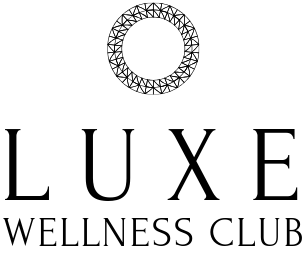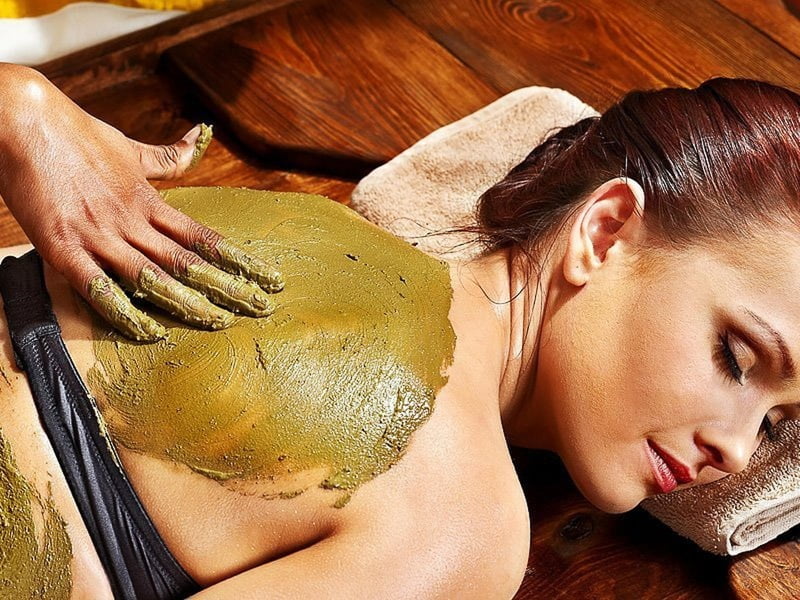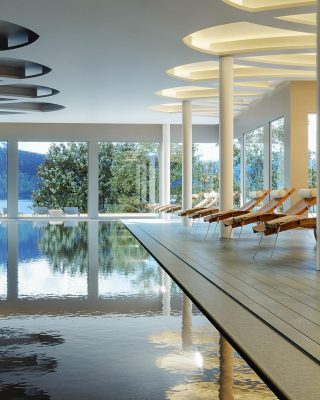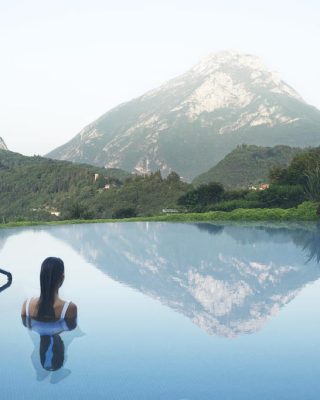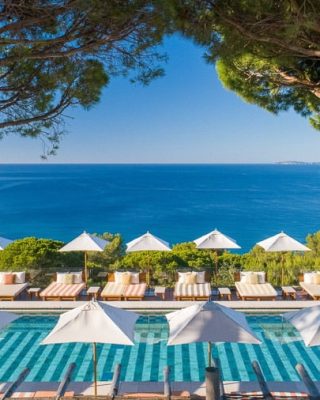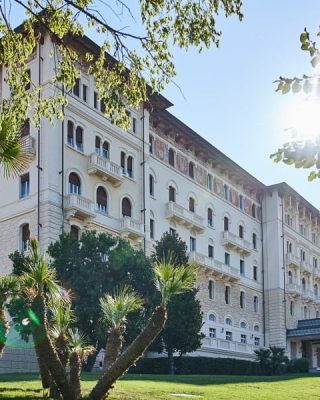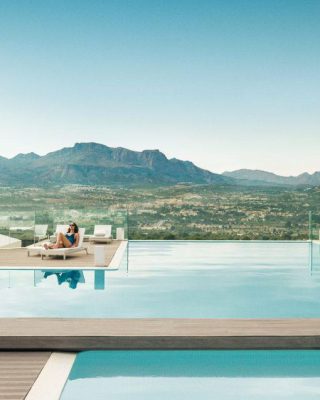Based on the principles of Traditional Chinese Medicine, Ayurveda is a comprehensive non-conventional science. Its effectiveness has seen it endure over the millennia , and it is still widely used in India and Sri Lanka today. For some years now, this ancestral practice has been appearing in more and more hotels. Not always easy to understand. So we hope our Guide to Ayurveda will give you a clearer picture. Luxe Wellness Club specializes in exceptional wellness breaks, and we offer some of the best Ayurvedic cures in the world!
By the way, what exactly is Ayurveda?
Derived from Sanskrit, the term Ayurveda is made up of two words, Veda (knowledge) and Ayu (life), meaning the science of life. It is both a therapeutic medicine with philosophical connotations and a spiritual vision. This ancient Indian science sees life as an interaction between body, emotions, mind and soul.
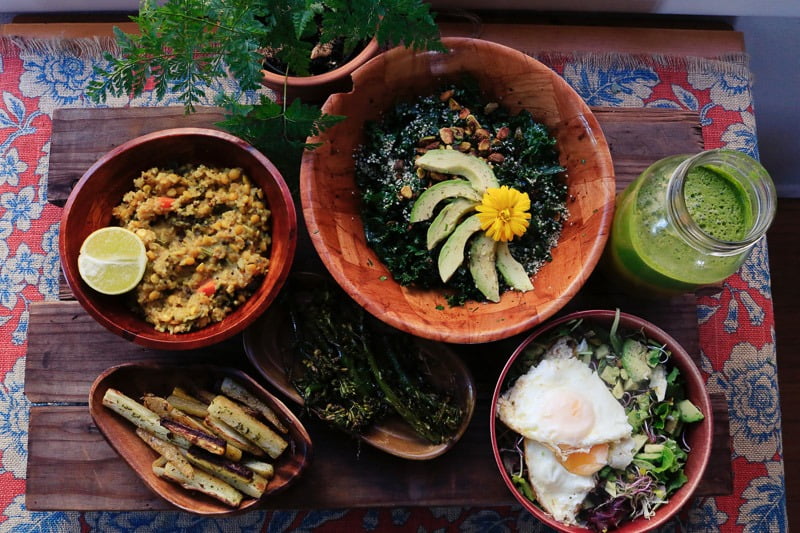
Ayurveda is not a medicine as we understand it in Europe, even though it has been recognized by the WHO since 1982. It’s based on eternal principles about people and their relationship with nature, not on new scientific research. It’s a preventive medicine and a lifestyle for living in harmony with yourself and others. Its aim is to take care of your health and prevent disease. And this has been the case since 1500 – 2000 BC. Since then, Ayurveda has been passed down through the generations, particularly in India and Sri Lanka.
The various treatments and practices of this traditional Indian medicine are based on ancestral techniques and natural herbal remedies.
The theory of the five elements and the doshas
According to this science, everything is energy , and this energy can manifest itself in different forms. Ayurveda counts five: Earth, Water, Fire, Air and Ether. It is these five elements that make up the entire Universe, and therefore mankind too. These elements combine to form three dynamic forces, called doshas: vata, pitta and kapha .
- Vata is the combination of air and ether. We associate it with movement.
- Pita is the combination of fire and water, and represents transformation.
- Kapha is the combination of the earth element and water. It is linked to the notion of preservation.
Every human being is made up of these three doshas, but in different proportions. One dosha is always predominant, which makes it easier to understand potential imbalances (psychological and physical) and thus to counterbalance them. When your combination of doshas is harmonious, you’re in good health. On the other hand, if your doshas don’t work well together, your body will let you know… Every physical and psychological imbalance is then a dissonance of this association of the three doshas. Note that several tests are available online to find out your dominant doshas, but they are not always very reliable. A consultation with an Ayurvedic therapist will give you a better understanding of your body’s energetic constitution, and enable you to adapt your lifestyle accordingly.
Ayurvedic therapies
The most important aspect of the various Ayurvedic treatments is personalization. As stated above, each individual is made up differently. Ayurvedic massage can therefore be adapted to individual needs, both in terms of technique and the oils used. To find out, the masseur will certainly take your pulse or ask you to stick out your tongue. Like the soles of the feet in Traditional Chinese Medicine, the tongue is a reflection of the body as a whole.
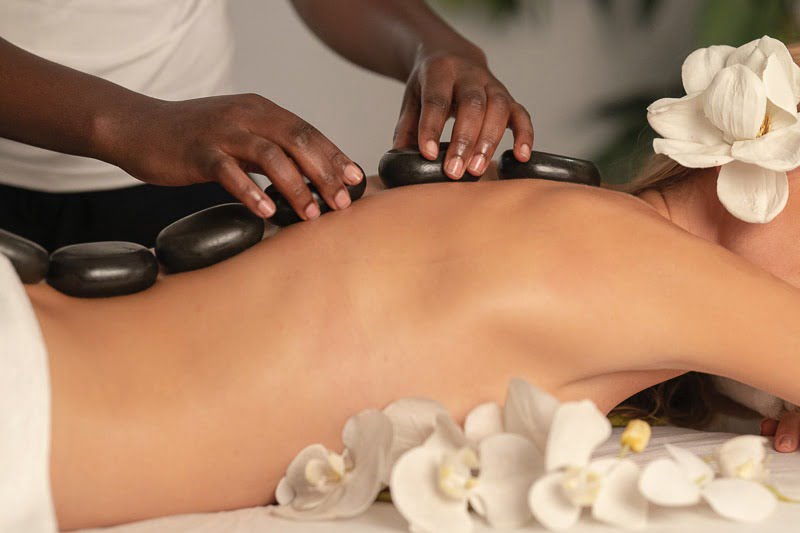
Ayurvedic therapies include massages, scrubs, herbal baths and relaxation sessions. However, don’t think that ayurveda stops at body care. This science can be found in many aspects of everyday life, including physical activity, human relationships and diet. Beyond the fact that meals must be healthy, seasonal and true to the flavors of the food, they are adapted to the nutritional and digestive needs of each individual. To be at the top of your game, you even need to eat each food in a very specific order. But don’t panic if you’re not there yet. Like yoga, Ayurveda is an indulgent philosophy where everyone finds their own rhythm, without judgment or competition.
Ayurveda on vacation
If you’d like to get away from it all and experience the benefits of Ayurveda, many hotels offer Ayurvedic massages in their wellness centers. Some even offer Ayurvedic cures, particularly in India and Sri Lanka, strongholds of this age-old science. However, more and more hotels in Europe are also offering Ayurvedic cures to their guests.
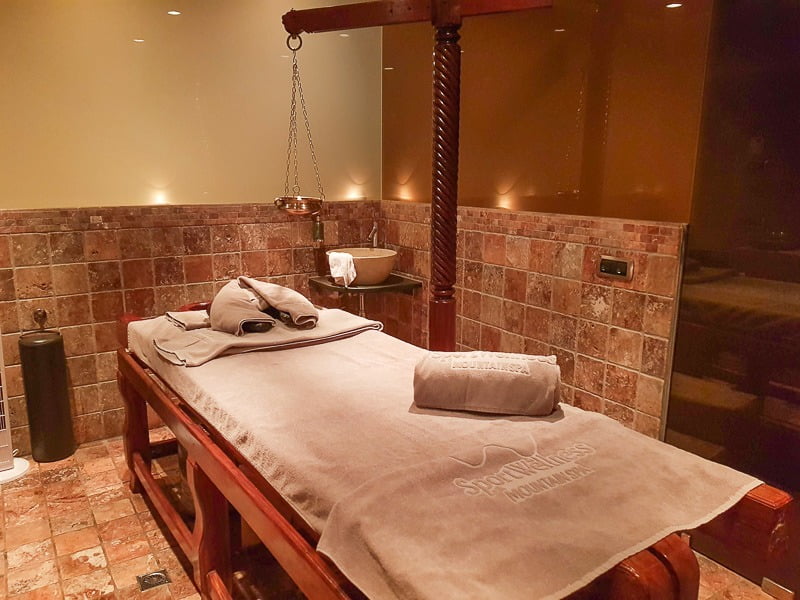
Ayurvedic massage
Massage is not just a therapy, it’s a genuine daily hygiene practice. It nourishes the body, senses and soul through nourishing oils and the act of caring. In addition to its relaxing virtues, Ayurvedic massage has many benefits, including :
- tones muscle tissue
- softens joints and the spine
- increases oxygen flow to tissues
- stimulates blood and lymph circulation
- increases sexual vitality
For example, if you’re vata, you’ll benefit from a slow, regular massage with lots of warm, nourishing oil. Or if you’re pitta, you need a faster massage with less oil and in a cooler environment. Kapha-type people are more likely to appreciate stimulating dry massages using powders.
Ayurvedic cure
Although the methods differ greatly, Ayurvedic cures can be likened to spa or thalasso cures in Europe. Some choose to take advantage of an Ayurvedic cure to improve or regain a balance between their body and their emotions, while others benefit from it to relieve their aches and pains. In all cases, the aim is always to rebalance the constitution of the three doshas.
Cures lasting more than 14 days are generally referred to as panchakarma or intensive cures, to distinguish them from cures based essentially on massages.
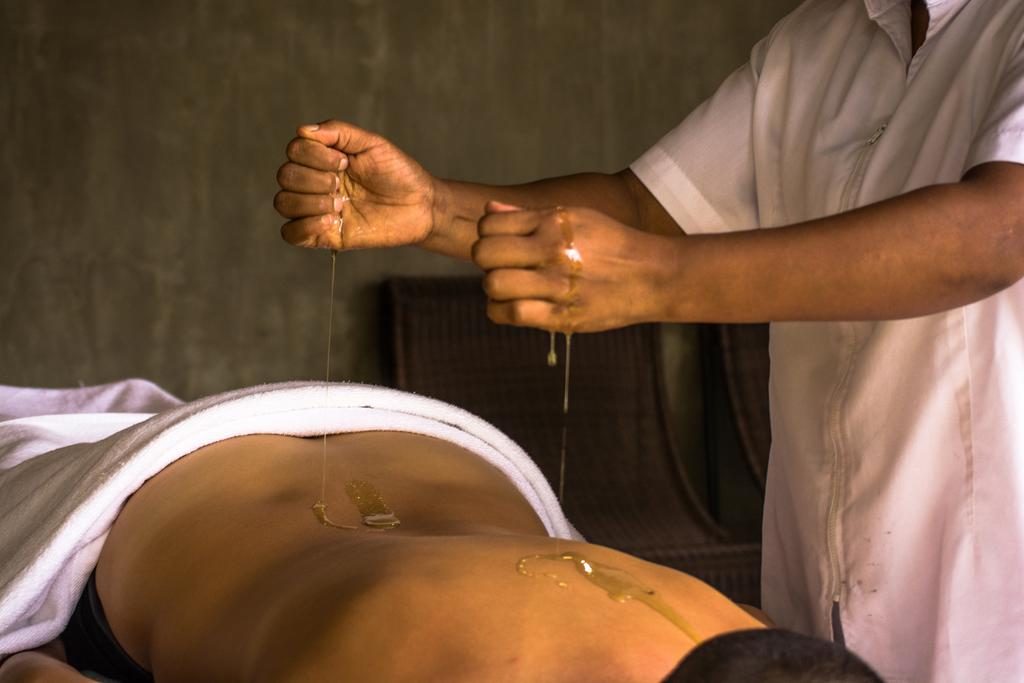
The course of these cures often follows the same logic. First of all, a consultation with an Ayurvedic doctor allows us to analyze your health and your doshas constitution. This enables us to draw up an individualized program: dietary menus, type of treatments, as well as their intensity and duration. Yoga (also known as Ayurvedic sport) and meditation sessions are recommended to complete the cure and extend the work on inner well-being. And finally, a final consultation allows you to take stock with the Ayurvedic doctor and receive advice on how to continue at home.
Our favorite places to practice ayurveda
Luxe Wellness Club’s selection includes Santani Wellness Resort in Sri Lanka, Vana Retreat in India, Ananda in the Himalayas in India and Oberoi Marrakech in Morocco. And many more besides!
Book an exceptional ayurvedic stay
Take advantage of our expertise in wellness breaks and contact us for a personalized quote for a special Ayurveda stay.
or call us from France: + 33 1 85 73 22 14 or from Switzerland: +41 22 501 75 16 to discuss your holiday plans.
